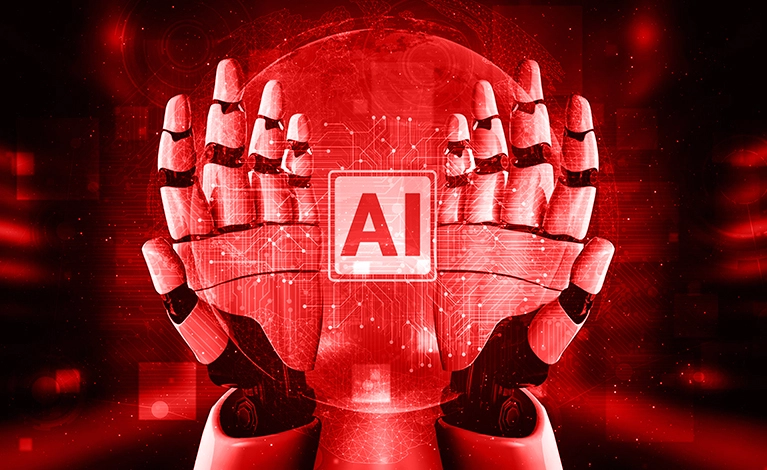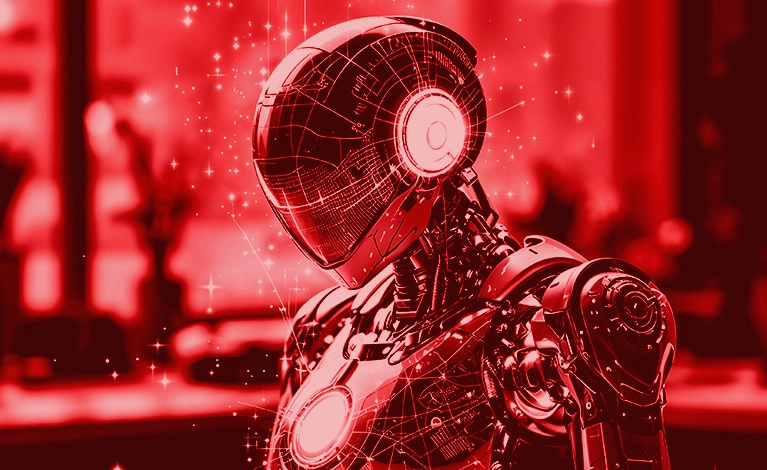Project details
How it works:
Hero Electric integrated a WhatsApp-based conversational assistant to streamline and personalize their lead generation process. Instead of relying solely on traditional web forms or dealer follow-ups, potential customers were engaged directly on WhatsApp—where they could ask questions, explore vehicle options, book test rides, and share their contact details. This frictionless, conversational journey allowed users to move from interest to intent much faster.
The chatbot intelligently qualified leads by capturing relevant information such as location, budget, and preferred model. Based on user inputs, it then routed the lead to the nearest dealership or support team for follow-up. This automation not only reduced response time but also ensured high-intent leads were prioritized, leading to better conversion rates and a stronger customer experience.


Our challange:
Hero Electric needed a more efficient and scalable way to capture and nurture leads, especially from digital channels. Traditional lead forms had low completion rates, and dealer callbacks often lacked speed or personalization. With increasing competition in the electric vehicle market, the brand wanted to offer a smarter, faster, and more engaging way for prospects to explore and express interest—without relying heavily on manual intervention.
What role did WhatsApp play in lead generation for Hero Electric ?
WhatsApp became the central touchpoint for lead capture, allowing prospects to engage with the brand in real time. Instead of filling out lengthy forms, users could simply start a chat and get answers instantly—making it much easier to convert interest into action.
How did the chatbot qualify leads ?
The chatbot asked simple, conversational questions like the user’s location, vehicle preference, and budget. This data helped identify whether a user was just browsing or ready to buy, so the sales team could prioritize high-quality leads.
Was this solution connected to dealers ?
Yes, once a lead was qualified, the system routed it to the nearest dealership based on the user’s PIN code or city. Dealers could then follow up quickly, armed with context and customer intent—shortening the sales cycle.
Did this help reduce drop-offs compared to web forms ?
Absolutely. The interactive nature of WhatsApp conversations kept users engaged. The brand saw a significant decrease in drop-off rates and an increase in form completion compared to static lead forms.
Was follow-up automated or manual ?
Initial engagement and lead qualification were automated. Once a lead was qualified, human agents or dealers took over the conversation to ensure a personalized follow-up, combining automation with a human touch.
Did customers feel comfortable sharing personal info via WhatsApp ?
Yes, most users were already familiar with WhatsApp and found it more trustworthy than filling forms on unknown websites. The experience felt more secure and personalized, leading to higher sharing of contact details.
Achievement:
By adopting WhatsApp as a lead generation platform, Hero Electric saw a significant boost in both lead volume and lead quality. Conversion rates improved as users engaged in real-time conversations that felt natural and trustworthy. The brand reduced lead qualification time by over 60%, minimized drop-offs, and empowered dealers with more actionable information. Overall, this smart automation approach helped Hero Electric create a seamless, scalable, and high-performing digital sales funnel—perfectly aligned with the expectations of modern EV customers.
